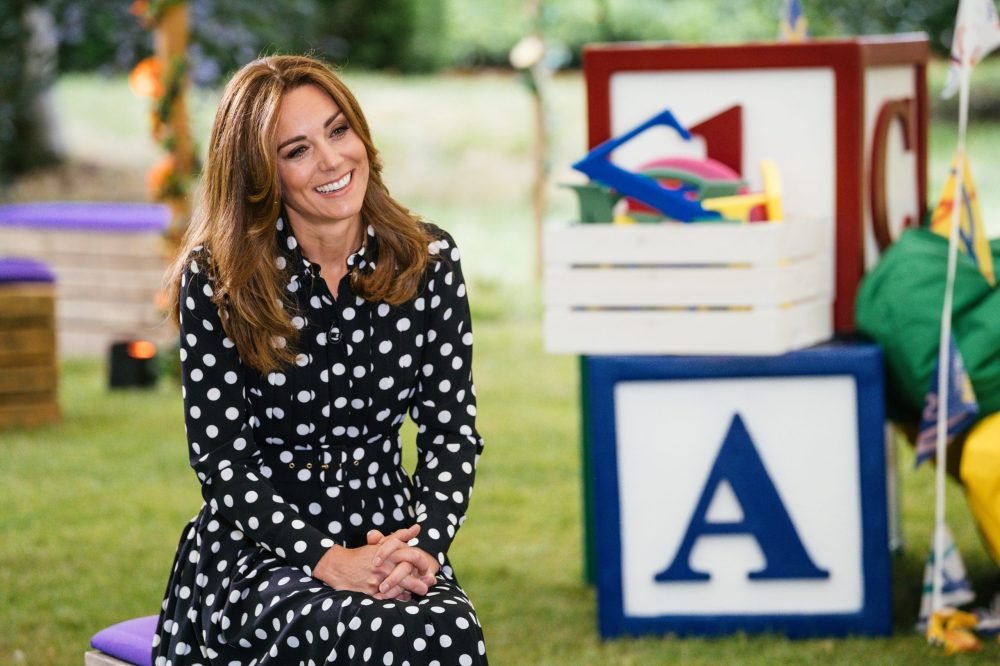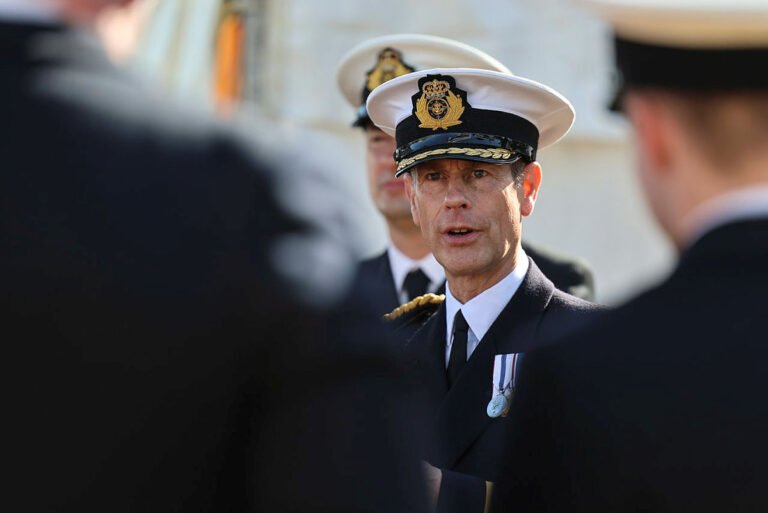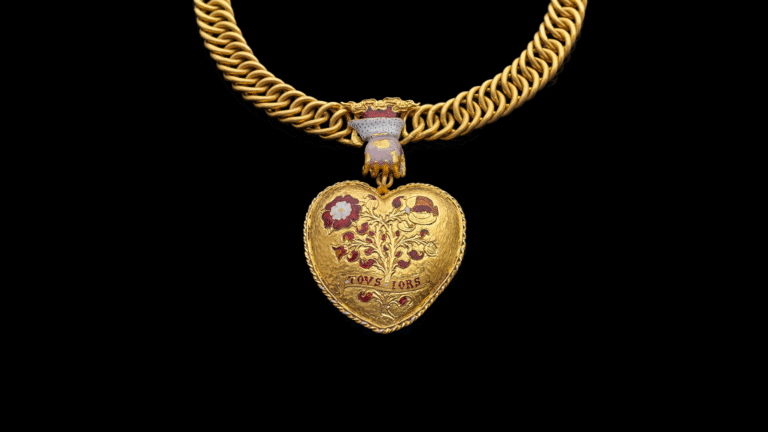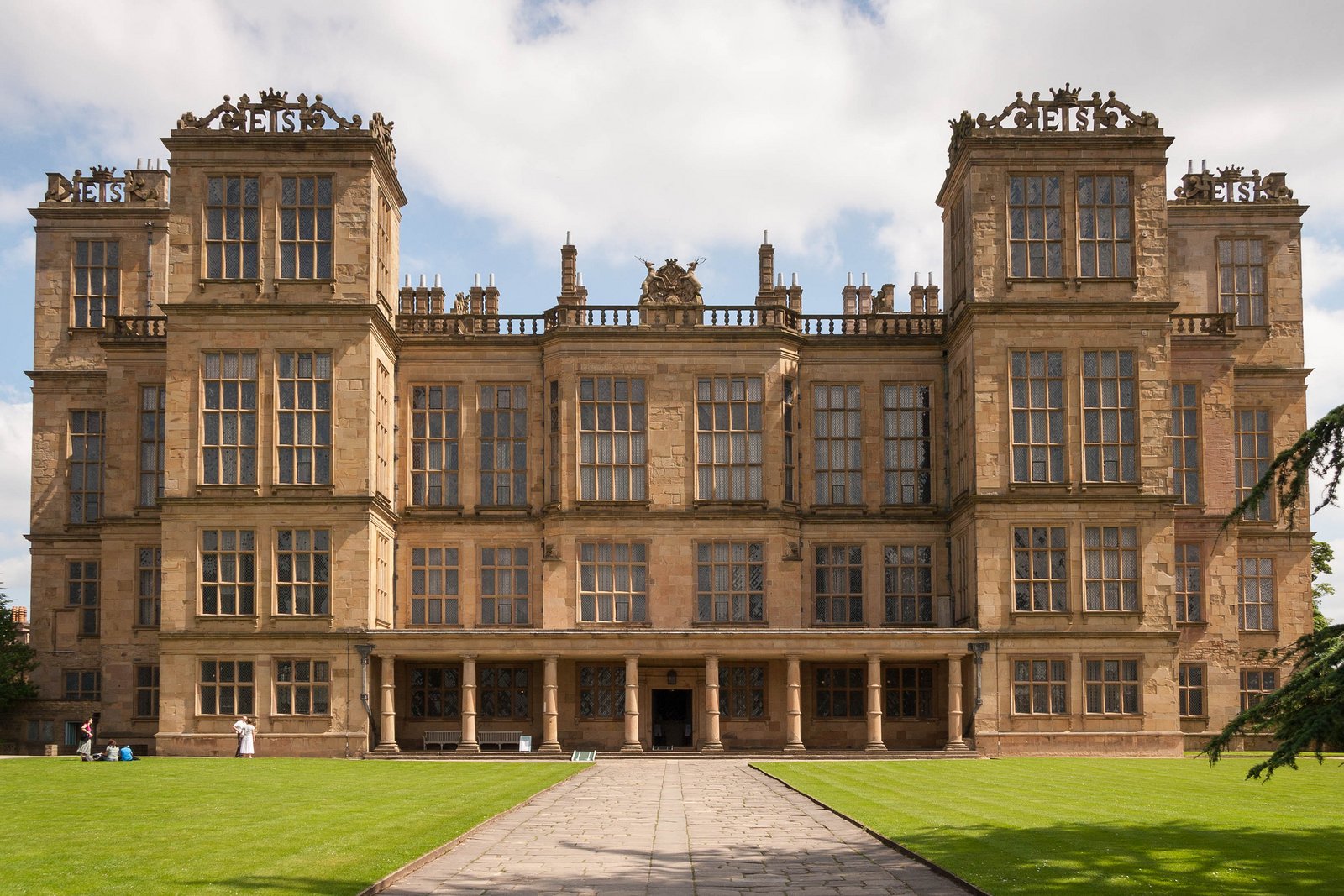In a bid to fill the knowledge gap between birth and starting school, The Duchess of Cambridge has teamed up with the BBC for the Tiny Happy People initiative.
Kate – who is mother to Prince George, 6, Princess Charlotte, 5 and Prince Louis, 2 – said there is “a massive gap” in the support given to parents after the first few months of a child’s life, until they start school.

The Tiny Happy People initiative is for children aged 0-4, and aims to help parents develop their children’s language skills with simple activities including free online videos and quizzes.
The basis of the idea is simple: talk to children as early as possible, because 90% of the adult brain is formed by the time a child is 5.
This lack of support was something she also felt as a new mum, the Royal told BBC Breakfast. We have previously heard of the Royal’s own struggles as a new mum, as well as the pressures royal life brought.
“I think it is really hard, there is so much focus during pregnancy and when you have just got a newborn baby on the physical development of your baby and you as a mother,” Catherine told BBC’s Louise Minchin.
“But what I really think is missing and what I have found is the support for how to develop their social and emotional development.”
“How do you interact with a newborn baby, what is it you should be doing?” the Duchess said speaking of the general focus on physical development. “In the first few months, there is often huge support from the midwives and health visitors and things.”
“But from then onwards there is a massive gap between then and when they start school. It is that bit I think you really need the support.”
Earlier in the year, Catherine launched a nationwide survey to find out people’s opinions childhood and parenting: 5 Big Questions.
Research by the National Literacy Trust (a patronage of Camilla’s) shows that once children start life behind, they stay there, with performance lagging behind in school, which also translates into job prospects and even life expectancy.
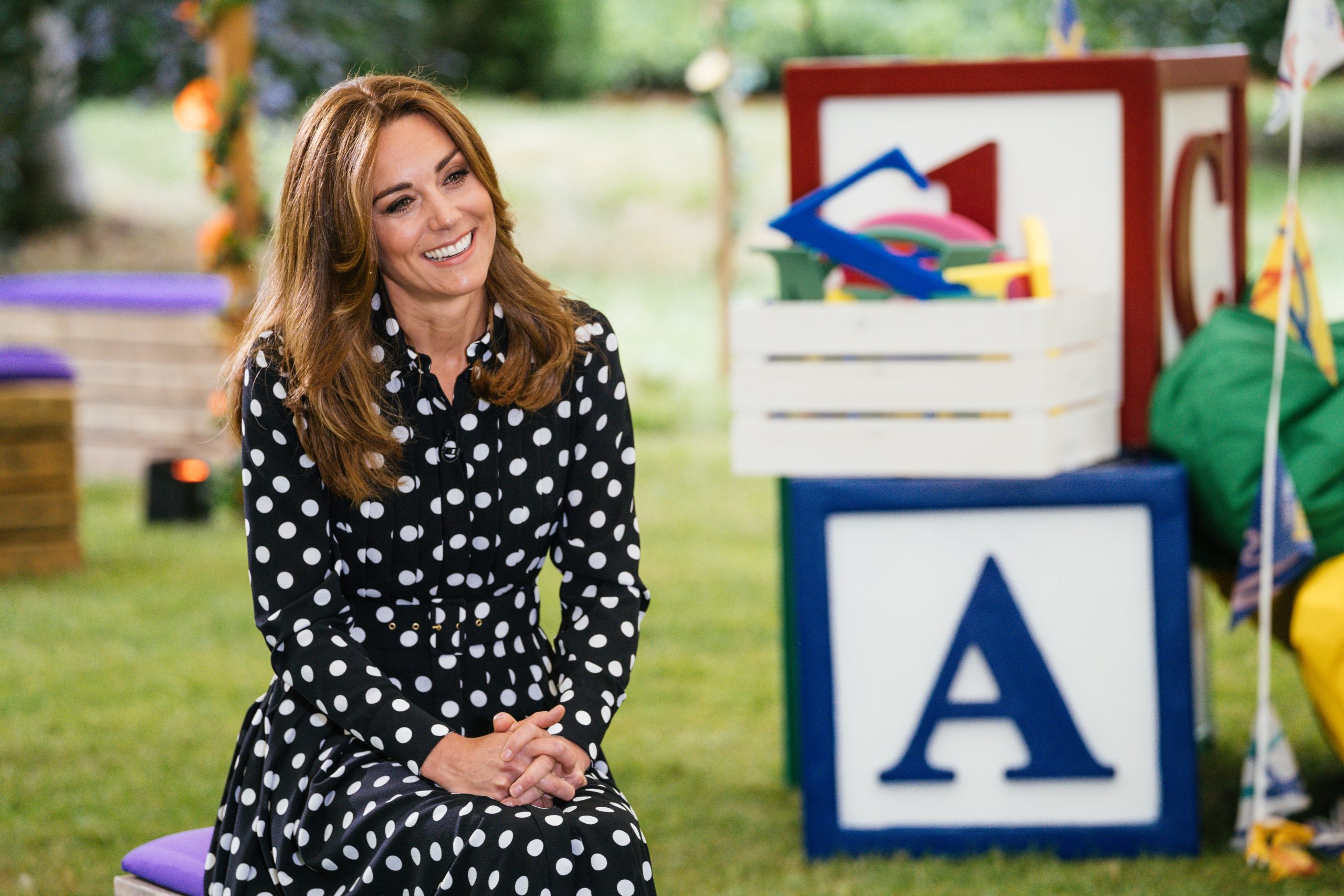
And other Department for Education research shows more than one in four children (27%) in England does not reach the necessary level of literacy development – meaning language, communication and literacy skills – by the time they start primary school, rising to more than one in three (42%) in deprived areas.
Originally launched in Manchester back in October, the Duchess has been involved for several months. Kate has helped with the character and development of two animations on parenting, which form part of the website – specifically about making eye contact with babies and singing to them.

Yesterday, she met families in Sandringham to hear their experience with the activities and programmes.
One parent, Ryan, said Tiny Happy People had helped him to identify that his daughter’s different cries; Mia, aged 8-months, has five, indicating different moods or needs.
“He’s learned a huge amount from Tiny Happy People,” Catherine said. “It’s information like that I wish I had had as a first time mum, it’s gold dust really for families to be given those tips and tools to be able to use, particularly in those first five years.”
Another said that she had learnt from the resources that you can use the simplest things, like a pen and paper, to help with a child’s development.

Tony Hall, the director general of the BBC, commented: “We couldn’t be more proud of the part we’re playing in this amazing partnership.
“Growing up happy and healthy is the greatest gift we can give to any child. This campaign embodies our mission to inform, educate and entertain. The BBC has created hundreds of videos and written content that we hope will make a real difference.”
We also got a look into the Duchess’ home life as a mother. “My children have bottomless pits,” she said. “I feel like a constant feeding machine for them.”
Catherine also spoke of her youngest, Prince Louis, and how he ‘doesn’t understand social distancing’.
“He goes out wanting to cuddle everything, particularly any babies younger than him.”

